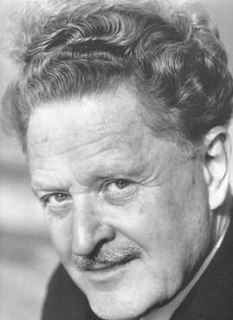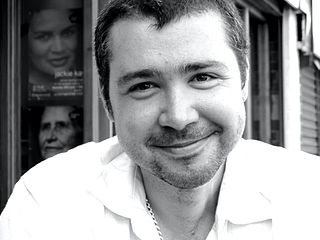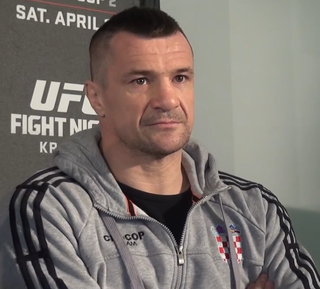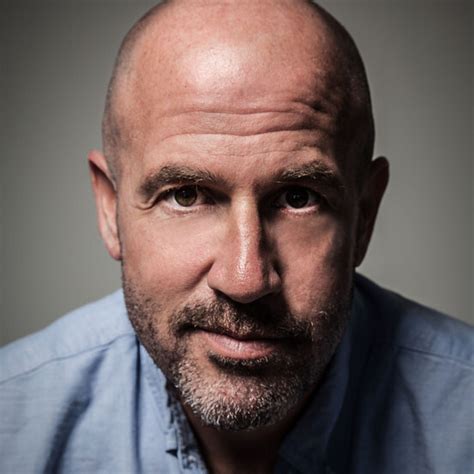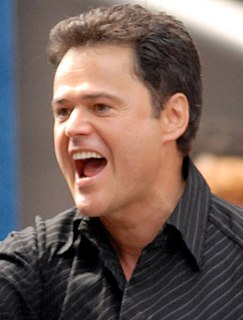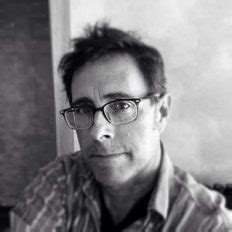A Quote by Jack Kevorkian
When history looks back, it will prove what I'll die knowing.
Related Quotes
I've been around a long time and I've found that these forms, whether it's the cartoon, or whether it's a play, or all these dying forms refuse to die. Something happens to rejuvenate them and it will certainly happen to the political cartoon. It will come back. But whether it's on the internet, or whether it's in some other form, however that works, whether it looks the way it looks now, or entirely different, I have no idea. And thank God I don't have to worry about it.
History is for human self-knowledge. Knowing yourself means knowing, first, what it is to be a person; secondly, knowing what it is to be the kind of person you are; and thirdly, knowing what it is to be the person you are and nobody else is. Knowing yourself means knowing what you can do; and since nobody knows what they can do until they try, the only clue to what man can do is what man has done. The value of history, then, is that it teaches us what man has done and thus what man is.
It's a stark thought that when we die most of us will leave behind uneaten biscuits, unused coffee, half toilet rolls, half cartons of milk in the fridge to go sour; that everyday functional things will outlive us and prove that we weren't ready to go; that we weren't smart or knowing or heroic; that we were just animals whose animal bodies stopped working without any sort of schedule or any consent from us.
The heart is commonly reached, not through the reason, but through the imagination, by means of direct impressions, by the testimony of facts and events, by history, by description. Persons influence us, voices melt us, looks subdue us, deeds inflame us. Many a man will live and die upon a dogma; no man will be a martyr for a conclusion.
As a historian I understand how histories are written. My enemies will write histories that dismiss me and prove I was unimportant. My friends will write histories that glorify me and prove I was more important than I was. And two generations or three from now, some serious sober historian will write a history that sort of implies I was whoever I was.
Knowing what [Christ] knew , knowing all about mankind--ah! who would have thought that the crime is not so much to make others die, but to die oneself--confronted day and night with his innocent crime, it became too difficult to go on. It was better to get it over with, to not defend himself, to die, in order not to be the only one to have survived, and to go elsewhere, where, perhaps, he would be supported.
History can come in handy. If you were born yesterday, with no knowledge of the past, you might easily accept whatever the government tells you. But knowing a bit of history--while it would not absolutely prove the government was lying in a given instance--might make you skeptical, lead you to ask questions, make it more likely that you would find out the truth.
There are two men in each one of us: the scientist, he who starts with a clear field and desires to rise to the knowledge of Nature through observations, experimentation and reasoning, and the man of sentiment, the man of belief, the man who mourns his dead children, and who cannot, alas, prove that he will see them again, but who believes that he will, and lives in the hope – the man who will not die like a vibrio, but who feels that the force that is within him cannot die.

